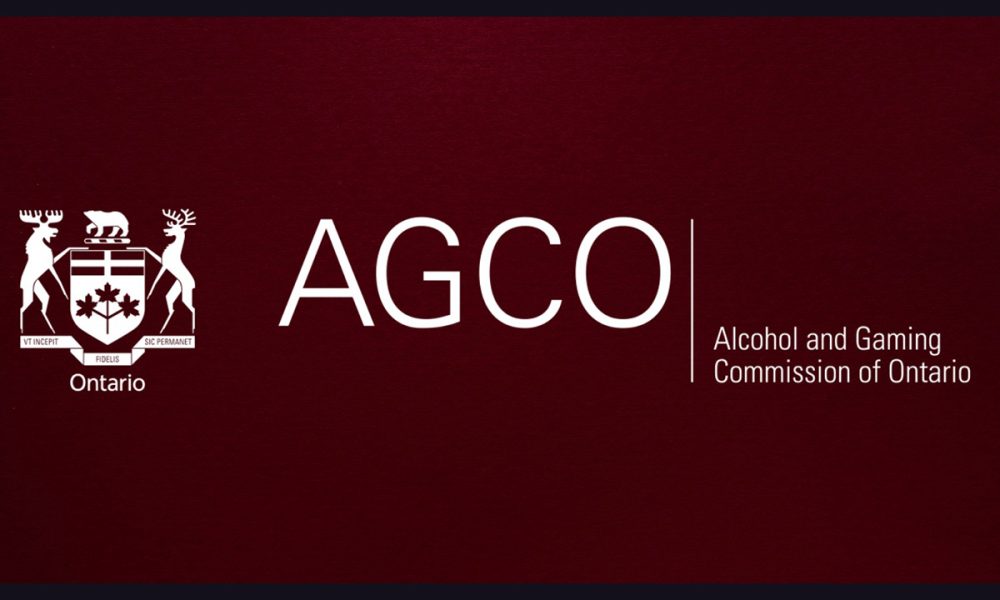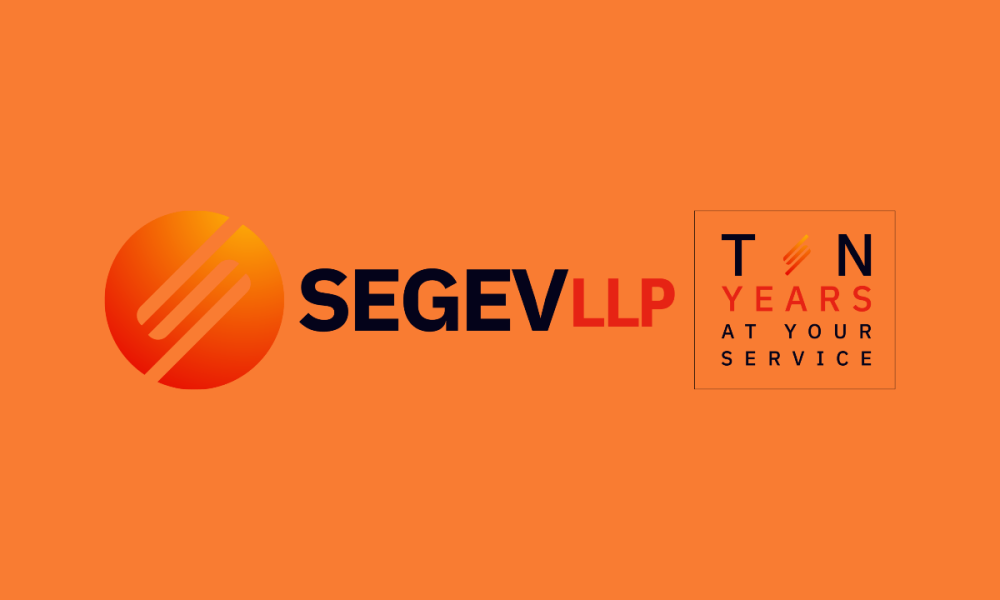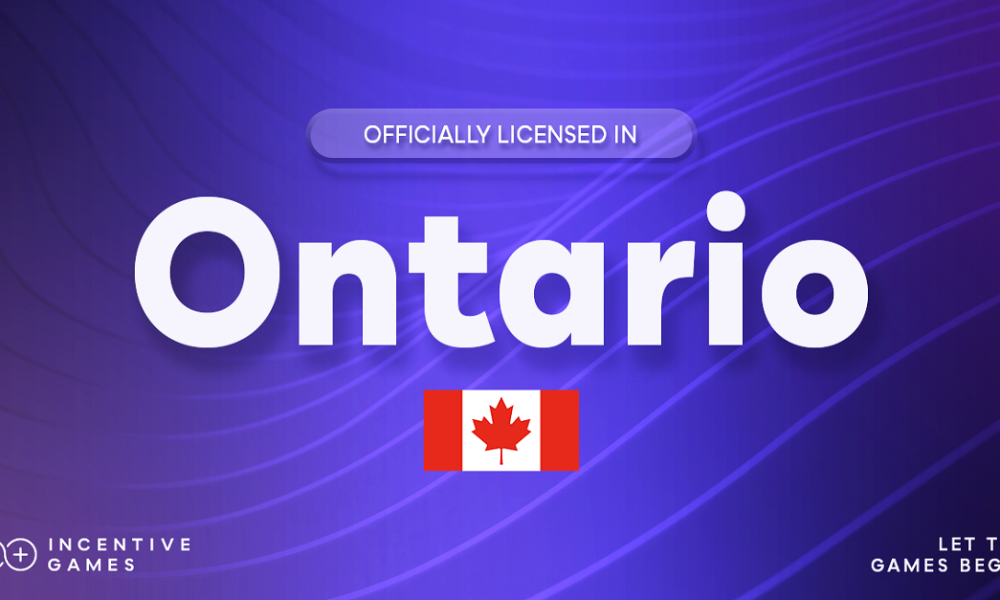

Canada
WarnerMedia Takes Chance on Sports Wagers with “TNT Bets” Live-stream
WarnerMedia is going to join the growing parade of media firms eager to court consumer interest in sports betting.
During the coverage of NBA’s Western Conference Finals, TNT will present an alternate live-streamed feed of the games that includes commentary on betting analysis and odds. The feed, known as “TNT Bets” and made available to cable and satellite subscribers via the Watch TNT app, will be hosted by Bleacher Report’s Cabbie Richards, Kelly Stewart, and Tim Doyle, and the leading gaming company FanDuel will provide real-time statistics and information.
“We haven’t done anything like this to date,” Will Funk, executive VP of sports partnerships and branded content at WarnerMedia’s Turner Sports, said.
“We are going to take the learnings from this and apply it to the future. This is not just a one-game kind of thing. We are working with FanDuel on a number of things across the portfolio, testing things and figuring what really moves the needle on what helps us from a viewer engagement standpoint and what helps FanDuel on the customer acquisition side,” Funk added.
AGCO
AGCO Removes Cap on Seller Commission for Charitable Lottery Products

The Alcohol and Gaming Commission of Ontario (AGCO) has updated several lottery policies to remove the cap on seller commission for Paper Raffles and Media Bingo, along with removing the prohibition on Catch the Ace paper lotteries, to align with other charitable lottery products.
Licensed charities may now negotiate commissions directly with sellers and determine commissions, provided they are reasonable and tied to the cost of service provided by the seller.
These updates further the AGCO’s commitment to adopt an outcomes-based regulatory approach and reduce burden for the charitable gaming sector. Local charitable organizations will have greater flexibility to make decisions that best serve their fundraising objectives.
Important Reminders
• Charities must still receive approval for other expenses incurred under their licence and retain receipts for seller commission paid.
• Licensing authorities will not require documentation to be submitted as part of the application process, however, charities are still subject to audit to determine compliance.
• Charities are reminded of their legal requirement to meet their obligations under the Criminal Code and with respect to conducting and managing a charitable gaming scheme.
• As with all licensed charitable lottery events, charities must take the necessary steps to ensure that they are conducting and managing the lottery event within Ontario.
For charitable gaming-related inquiries, email an AGCO Eligibility Officer at [email protected] or call AGCO Customer Service at 1-800-522-2876, Monday to Friday from 8:30 a.m. to 5 p.m.
The post AGCO Removes Cap on Seller Commission for Charitable Lottery Products appeared first on Gaming and Gambling Industry in the Americas.
Alon Segev
Segev LLP Celebrates 10 Years of Business-Focused Legal Innovation

Leading business, technology, finance, and gaming law firm, Segev LLP, is proud to announce its 10th anniversary. Over the past decade, Segev has evolved from a bold idea into a multi-jurisdictional firm serving clients across Canada, the U.S., and beyond.
Built for innovation-driven industries, the firm is widely recognized for its work with companies at the forefront of gaming, crypto, technology, and emerging sectors. “Our 10-year anniversary is a defining moment,” said Founding Partner, Ron Segev. “It’s a testament to the strength of our team and our culture of teamwork, self-improvement, and growth – all of which is directed at scoring wins for our great clients.”
As industries like fintech, crypto, iGaming, and AI have matured, so has the firm, often in parallel with its clients. “We’ve all grown together with our clients from one success to the next, whether it be helping clients complete financings or helping them close business,” said Managing Partner Alon Segev. “I look forward to continued growth for us and our clients in the next 10 years!”
The firm’s client-first approach has consistently earned recognition from top legal ranking guides. Segev LLP is ranked by Chambers and Partners as a “Leading Firm” and “Band-1” in Canada for Gaming Law and are also recommended by The Legal 500 and Lexology. These rankings reflect the team’s ability to deliver strategic, high-quality legal solutions that align with their clients’ business goals.
Recognized for their unique ability to exceed expectations and deliver out-of-the-box solutions, Segev LLP’s clients have affirmed: “The firm demonstrates its capability not only to understand complex matters, but also to offer solutions that are practical, pragmatic, and value-adding.”
“Segev possesses outstanding resources and maintains global partnerships, enabling it to deliver precise and informed responses to any queries related to the iGaming industry.”
“Epic service, very good, I won the case!”
“Great service, friendly atmosphere, and support.”
Several Segev team members also reflected on the milestone: “There was a moment early in my time here when I realized I wasn’t just being brought in to help; I was expected to contribute, take initiative, and run with big ideas. That stuck with me,” said Negin Alavi.
“Together with our clients, [Segev] has experienced remarkable growth over the past decade. I’m honored to have contributed to this journey and to celebrate these shared successes,” said David McHugh.
“Segev has cultivated a thriving law practice on the principle that challenges are to be embraced as opportunities. The approach has enabled us to grow as lawyers, but more importantly, it has enabled us to ensure the success of our clients,” said Mark Balestra.
“Since joining through Segev’s Ontario expansion, I’ve had the chance to work alongside some of the sharpest and most collaborative lawyers in the gaming space,” added Manav Bhargava. “As a full-service firm and industry leader, Segev stands out for its ability to support innovative businesses with practical, forward-thinking legal advice.”
Segev LLP will commemorate the anniversary with a series of internal and external initiatives throughout the remainder of the year.
The post Segev LLP Celebrates 10 Years of Business-Focused Legal Innovation appeared first on Gaming and Gambling Industry in the Americas.
AGCO
INCENTIVE GAMES SECURES ONTARIO GAMING LICENSE

Incentive Games, a leading B2B games provider, is proud to announce that it has been awarded an Ontario Gaming License by the Alcohol and Gaming Commission of Ontario (AGCO), effective today. This achievement enables the company to offer its portfolio of real-money games to licensed operators and players across the province.
The license underscores the Incentive Games’ commitment to meeting the highest standards of compliance, security, and operational excellence. The rigorous application process demands robust security protocols and comprehensive responsible gaming measures and affirms the company’s readiness to enter one of Canada’s most dynamic iGaming markets.
The North American market is a strategic focus for Incentive Games, and this milestone follows closely on the heels of the company receiving its Provisional Michigan gaming licence from the Michigan Gaming Control Board earlier this month.
Incentive Games will distribute its real-money gaming content in Ontario through Incentive Studios, the company’s dedicated Real-Money Gaming division, ensuring a focused and tailored approach to the market.
“Ontario represents a huge opportunity for us, and securing this license is a proud moment for the whole team,” said John Gordon, Chief Executive Officer at Incentive Games. “It reinforces our dedication to meeting the highest standards while delivering compelling real-money content. We’re looking forward to building strong relationships in the region and continuing our momentum across regulated markets worldwide.”
The post INCENTIVE GAMES SECURES ONTARIO GAMING LICENSE appeared first on Gaming and Gambling Industry in the Americas.
-

 gaming3 years ago
gaming3 years agoODIN by 4Players: Immersive, state-of-the-art in-game audio launches into the next generation of gaming
-
EEG iGaming Directory8 years ago
iSoftBet continues to grow with new release Forest Mania
-
News7 years ago
Softbroke collaborates with Asia Live Tech for the expansion of the service line in the igaming market
-
News7 years ago
Super Bowl LIII: NFL Fans Can Bet on the #1 Sportsbook Review Site Betting-Super-Bowl.com, Providing Free Unbiased and Trusted News, Picks and Predictions
-
iGaming Industry8 years ago
Rick Meitzler appointed to the Indian Gaming Magazine Advisory Board for 2018
-
News7 years ago
REVEALED: Top eSports players set to earn $3.2 million in 2019
-
iGaming Industry8 years ago
French Senator raises Loot Boxes to France’s Gambling Regulator
-
News7 years ago
Exclusive Interview with Miklos Handa (Founder of the email marketing solutions, “MailMike.net”), speaker at Vienna International Gaming Expo 2018








